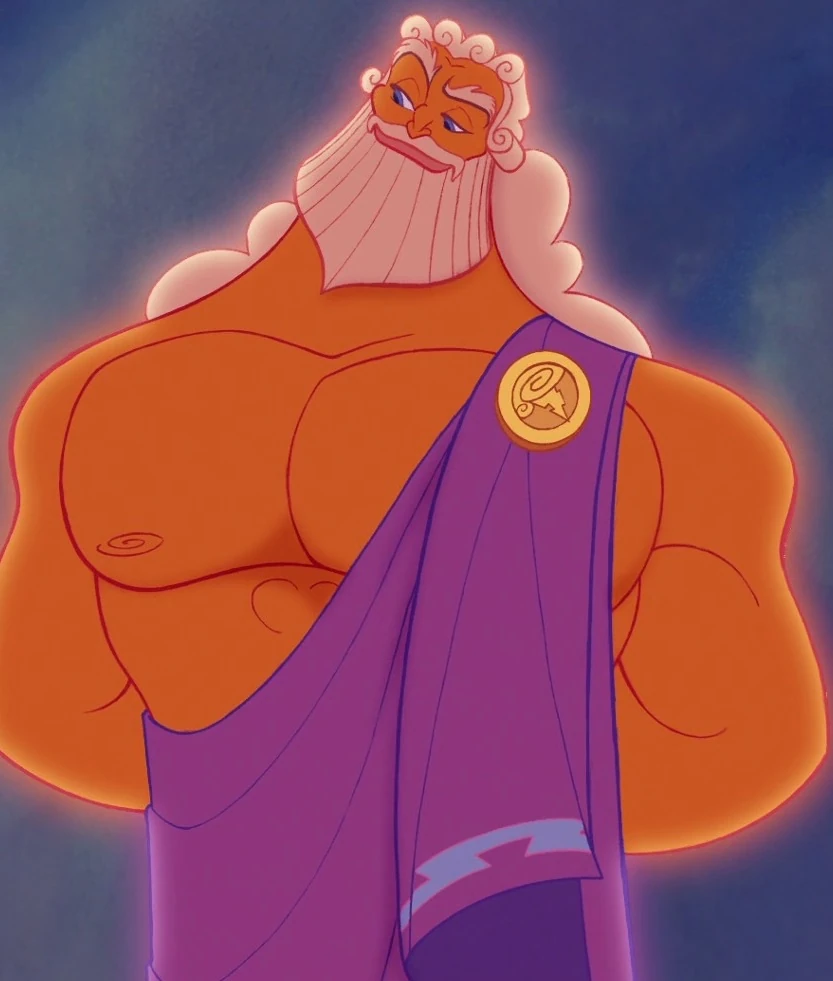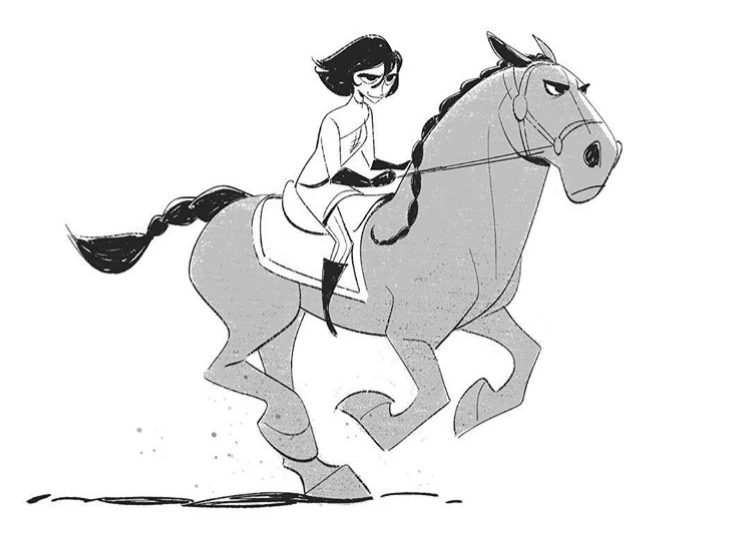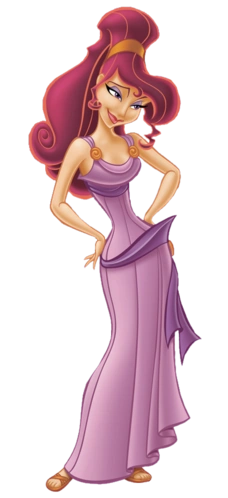Rena Yamazaki Interview: Billboard Japan Women in Music
Billboard Japan’s Women in Music initiative launched in 2022 to celebrate artists, producers and executives who have made significant contributions to music and inspired other women through their work, in the same spirit as Billboard’s annual Women in Music honors since 2007. This interview series featuring female players in the Japanese entertainment industry is one of the highlights of Japan’s WIM project.
Rena Yamazaki chatted with writer Rio Hirai in the latest installment of the series. The former idol group member continues to express her thoughts on society and culture through her regular TOKYO FM radio show “Rena Yamazaki’s Things I Wanted to Talk to Someone About” and her writing. The 27-year-old shared her feelings about moving from being an idol performer to working in the world of journalism, the possibilities for women’s careers, and the importance of speaking out.
The biggest change is that I’ve started to be involved in news programs. I appeared in a special program on the Upper House elections in the summer of 2022, just before I graduated from the group, and since then I’ve been invited to appear on shows like Sunday Japon, Wake Up, Mr. Sunday and ABEMA Prime. I was interested in politics and the economy since when I was an idol, but never had a chance to talk about them. Now I’m being asked for my opinion more and feel that’s a big change.
It’s a place where I can take time to convey my thoughts in my own words. I also like how I can get close to my listeners and hear all sorts of stories through the messages I receive. Unlike TV, there’s the difficulty of trying to convey things using only your voice and words without relying on visuals, but that’s also part of the appeal.
When I was an idol, my stance was to do my best within the role I was given. But now, I think about the way I work and have more opportunities to express my own opinion, so I’ve become more proactive. That means I have more responsibility, but the pressure is a good stimulus.
Everyone has their own path to take after graduating from being an idol, but many of them go on to become actresses. Even when I was still in the group, I liked studying things of all genres and using words to communicate, and also had opportunities to appear on TV shows, so I wanted to continue doing work that made use of my intellectual curiosity. That’s why I chose to go into radio and writing.
I was surprised at first, because I never thought I’d be offered a role in a special program covering the results of the Upper House elections. My management team at the time asked me, “We’ve been offered this, what do you think?” and I thought, “It’d be a challenge worth taking on.” I asked them their decision and they said, “We think it’d be good for your career and a good learning experience,” so I was able to make up my mind to give it my best.
I studied media theory and writing techniques at university, and was also interested in politics and economics. I had friends who went into journalism, and I also regularly read newspapers and online articles. But I never intended to make it my career. Once I started working in the field, though, I felt I needed to study more, so I started reading books and talking to experts.
That what I say has more influence than I thought. Even casual comments can be spread on social media and misunderstood, or even lead to slander. I try to choose my words carefully more than ever before.
Well, it’s true that when I talk about politics, people sometimes say things like, “You’re a smart-aleck” or “You don’t know what you’re talking about.” But I also think that if I don’t say anything, nothing will change. In fact, it feels like when young women talk about politics, they’re met with stronger opposition than when men do so. For example, when a man in his sixties talks about the same thing, he’s seen as calm and logical, but when a woman in her twenties talks about it, she’s seen as arrogant or trying to act mature.
That’s why I think it’s important to keep speaking out. My views may not always agree with those of viewers and may say something wrong at times, but if I keep quiet, people will end up thinking that young people don’t care about politics. I want to show that there are people who do care and think about it.
Anyone can freely express their opinions nowadays, but I feel that this also means people have a greater responsibility for what they say. In particular, in the world of journalism, what you say can be taken out of context and misinterpreted, so I’ve become more careful about the words I choose.
Extreme opinions tend to spread easily on social media, and it can be hard to have calm discussions. In this context, I think it’s important to make your position clear, but also to offer constructive opinions rather than fueling confrontation. That’s why I try to say “I don’t know” when I don’t understand something, and want to keep being open to listening carefully to what experts have to say.
First of all, I think it’s important to have more opportunities to speak out. I also think that we need to create an environment where women don’t feel afraid to speak out, but rather feel that it’s natural to do so. My ideal is to have a society where people who believe women’s opinions should be equally respected become the majority.
I think it’s particularly true in the idol industry that it’s hard for women to have long-lasting careers. It’s easy for “youth” to become part of their value, and in some cases, the range of their activities narrows as they get older. That’s why, when I was still an idol, I wanted to find other work that I could do. That’s how I was able to take the first step into fields like radio and writing, which aren’t restricted by age. What would be ideal is an environment where it’d be easy to return after leaving once, and where women could build up their careers more freely.
I think it’s important to create a better environment for mental health care. More entertainment agencies are providing access to mental health counselors now, but I feel that there’s still a lack of awareness of the importance of mental health care.
When I was in university. At the time, I found it hard to balance my idol activities with my studies, so I sometimes went to a mental health clinic. Many people feel uncomfortable about seeking this kind of support, but from my own experience, I think it’s necessary to protect yourself.
I’m planning on publishing two books this year, and currently preparing for that. I also want to continue doing what I’ve been doing as long as possible. I want to tell all my listeners to take care of their bodies and minds. Ultimately, only you can protect yourself. I hope that you’ll remember to take care of yourself, with support from the people around you.
This interview by Rio Hirai (SOW SWEET PUBLISHING) first appeared on Billboard Japan












